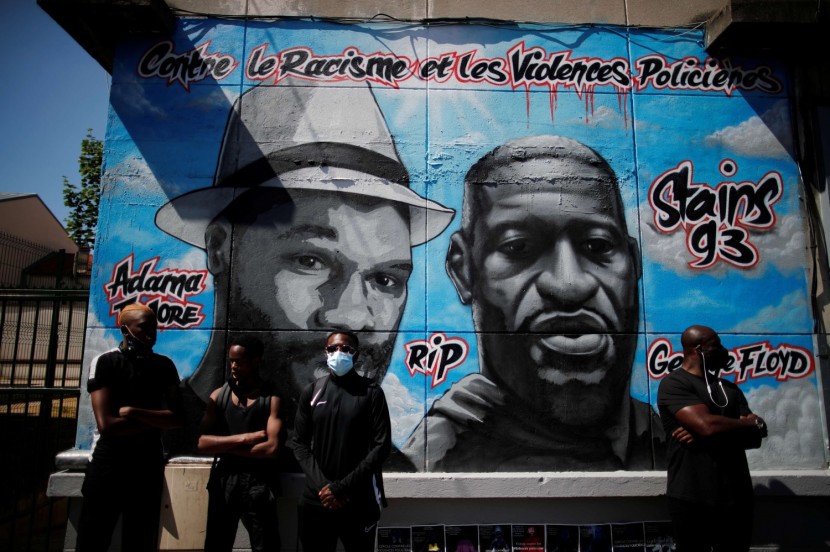
After ex-Minneapolis cop Derek Chauvin became viral for subduing George Floyd by holding his knee on Floyd's neck, he was charged with second-degree murder. The charges also came after protests for justice on Floyd's death erupted across the whole nation.
But despite if Chauvin will be found guilty, according to attorneys that are experts in a legal doctrine known as "qualified immunity," they shared that it would still be an uphill battle for the family of Floyd to successfully sue for restitution, snopes.com reported.
That is because of qualified immunity, though obscure, it is still a significant legal hurdle especially for civilians who are trying to sue authorities specifically police officers for claims of violations according to the constitution, such as the Fourth Amendment protection against unlawful search and seizure, especially when a police officer kills or injures someone.
American Civil Liberties Union of Washington, D.C.'s legal director, Scott Michelman emphasized that this doctrine encourages police to act with impunity knowing that there will be consequences of nothing.
On June 19, 2020, the Colorado state headed by their governor Jared Polis signed a bill to become a law ending qualified immunity to be used as a defense for police violence.
Read also: Family of Malcolm Harsch Accepts That He Died by Suicide, No Other Conclusion
What is Qualified Immunity?
It is the immunity that allows government officials like police officers to legally protect from financial liability specifically in civil cases. The birth of the immunity is aided by the United States Supreme Court and for them, it represents "judicial policymaking," Vice president of criminal justice for the Cato Institute who is also a libertarian, Clark Neily shared that it is unconstitutional for the judicial branch to make public policy.
Neily also added that people who are elected and standing for reelection are the ones that should make the policy and not those who have lifetime appointments and serving in a government branch that does not have any policy-making power.
He also emphasized that the constitution does not give them that authority.
Amir Ali and Emily Clark, writers for the legal website The Appeal, and also the deputy director MacArthur Justice Center and appellate research specialist at the Center of the Supreme Court and the appellate program shared that the qualified immunity can be traced to 1967, and based on the previous interpretation of qualified immunity it favored the police.
Why are people challenging Qualified Immunity?
Neily shared that qualified immunity has an effect of closing all aspects of redress for citizens who are accusing officers of violating their rights given as stated by the constitution.
Based on research, it is important because it is a rare scenario for the police on duty to be convicted of a crime.
Washington Post maintained database since 2015 has logged a close to a thousand fatal police shootings annually since then, Philip Stinson, criminologist, determined that between 2005 and 2019, only 36 out of 104 state and local law enforcement officers have been arrested for murder or manslaughter because of fatal on-duty shootings.
Neily also shared that the only time a police officer will be prosecuted is when the evidence was caught on video and gets picked up by the media as the prosecutors have a massive conflict of interest with the suspects because they work together, prosecutors depend on officers for bringing them cases aside from testifying on the court.
Related article: 19-Year-Old Dies in Shooting Incident at 'Cop-Free' Zone in Seattle
© 2025 HNGN, All rights reserved. Do not reproduce without permission.








